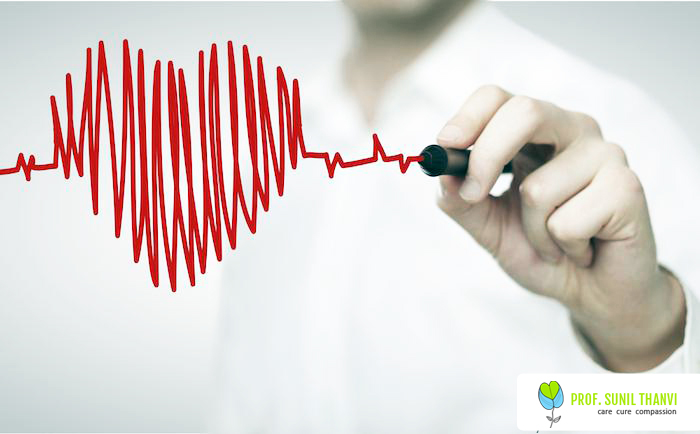The Role of Cardiac Rehabilitation: Recovering and Rebuilding a Strong Heart

Cardiac rehabilitation plays a vital role in helping individuals recover from heart-related conditions and regain their cardiovascular health. It involves a structured program that combines exercise, education, and support to empower patients in their journey towards a stronger heart and improved overall well-being. Let’s explore eight key points that highlight the significance of cardiac rehabilitation in the recovery process.
- Facilitating Recovery:
Cardiac rehabilitation programs are specifically designed to aid recovery after heart-related events such as heart attacks, coronary artery bypass surgery, or angioplasty. By offering a safe and supervised environment, these programs allow individuals to gradually increase their physical activity levels, improving heart function and overall cardiovascular health. - Exercise as Medicine:
One of the fundamental components of cardiac rehabilitation is exercise training. Guided by healthcare professionals, patients engage in tailored physical activities that help improve heart strength, endurance, and overall fitness. Regular exercise has been shown to reduce the risk of future heart problems, lower blood pressure, manage weight, and improve cholesterol levels. - Education and Lifestyle Modification:
Cardiac rehabilitation programs provide valuable education on heart-healthy lifestyles, nutrition, stress management, and medication management. Participants learn to make informed choices that promote cardiovascular health, enabling them to adopt healthier habits and reduce the risk factors associated with heart disease. - Emotional Support:
Dealing with heart-related conditions can be emotionally challenging. Cardiac rehabilitation programs offer psychological support and counseling to patients, helping them cope with stress, anxiety, and depression. The supportive environment fosters a sense of community, allowing individuals to connect with others who have faced similar challenges, providing encouragement and motivation. - Risk Factor Management:
Cardiac rehabilitation programs focus on identifying and managing risk factors that contribute to heart disease, such as smoking, high blood pressure, diabetes, and high cholesterol. Through education and lifestyle modifications, participants learn strategies to effectively control these risk factors, minimizing the chances of future cardiac events. - Personalized Care:
Each individual’s cardiac rehabilitation program is tailored to their specific needs and abilities. Healthcare professionals assess patients’ conditions and create personalized exercise plans, taking into account their medical history, current fitness levels, and goals. This customized approach ensures optimal recovery and reduces the risk of injury. - Long-Term Maintenance:
Cardiac rehabilitation programs not only aid in initial recovery but also focus on long-term maintenance of cardiovascular health. Participants are equipped with the knowledge and skills needed to sustain healthy habits beyond the program’s duration. This emphasis on long-term maintenance promotes sustained cardiovascular benefits and reduces the likelihood of future heart-related issues. - Improved Quality of Life:
Engaging in cardiac rehabilitation has been shown to enhance overall quality of life. By improving heart function, physical fitness, and mental well-being, individuals are better able to perform daily activities, enjoy leisurely pursuits, and engage in social interactions. The program’s multidimensional approach contributes to a sense of empowerment, enabling individuals to reclaim their lives and confidently move forward.
Cardiac rehabilitation plays a pivotal role in the recovery and rebuilding process after heart-related conditions. By combining exercise, education, and support, these programs empower individuals to take control of their cardiovascular health. Through personalized care, risk factor management, and long-term maintenance strategies, participants can enhance their quality of life, reduce the risk of future cardiac events, and build a strong and resilient heart. Embracing cardiac rehabilitation is a crucial step towards achieving lasting heart health and well-being.

